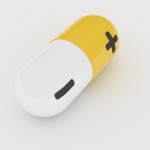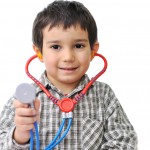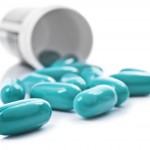
People using antipsychotic drugs like chlorpromazine and haloperidol get [anticholinergic] side effects such as blurred vision, dry mouth and constipation but the proportion of people experiencing these is not clear. Past surveys are very old indeed, small and not really proper surveys at all. Their results had been perpetuated for decades without verification. They were [read the full story…]









